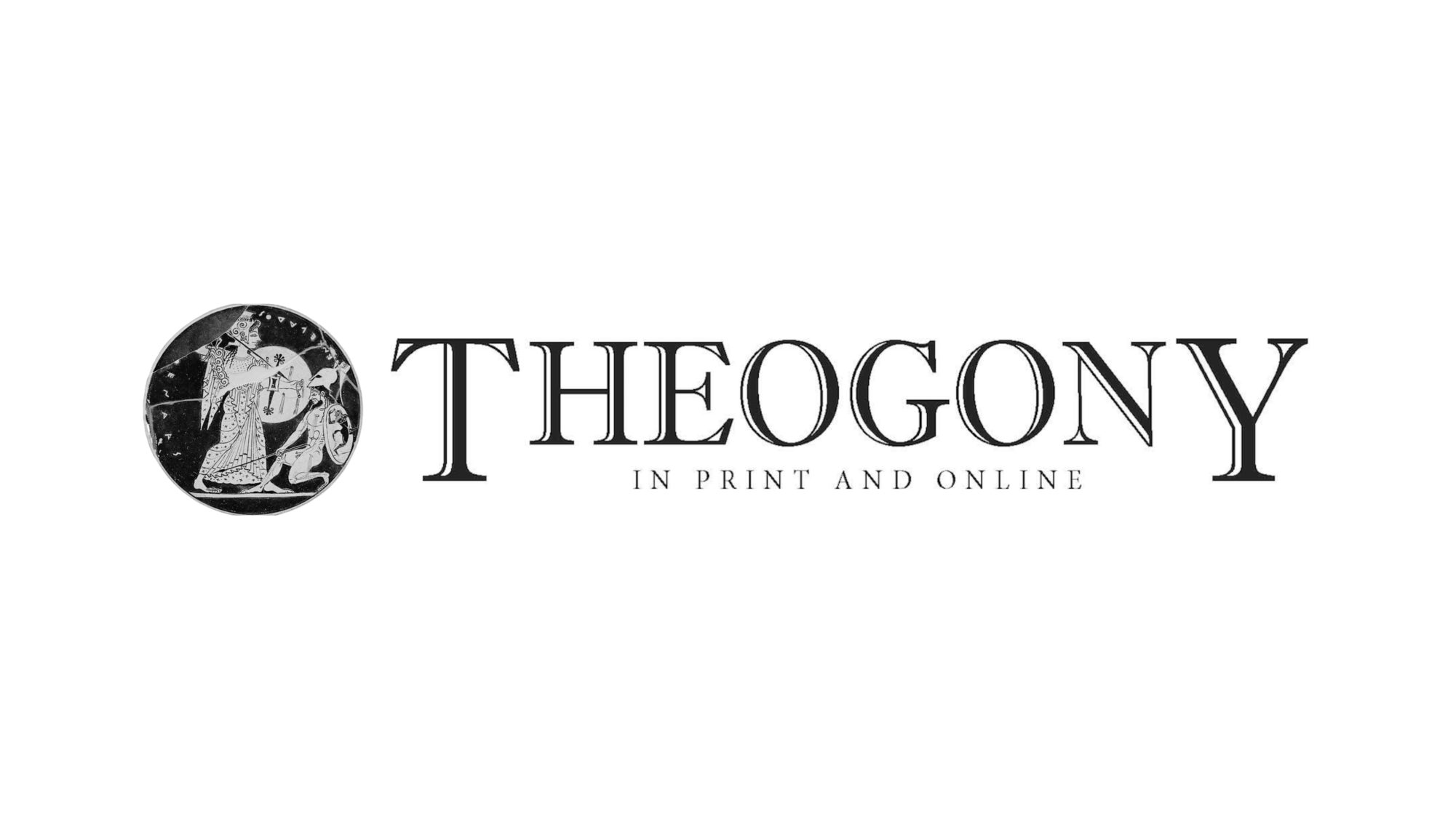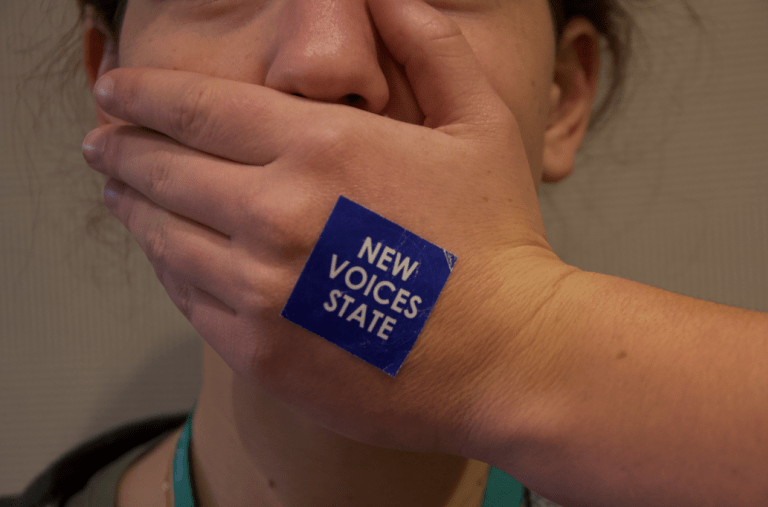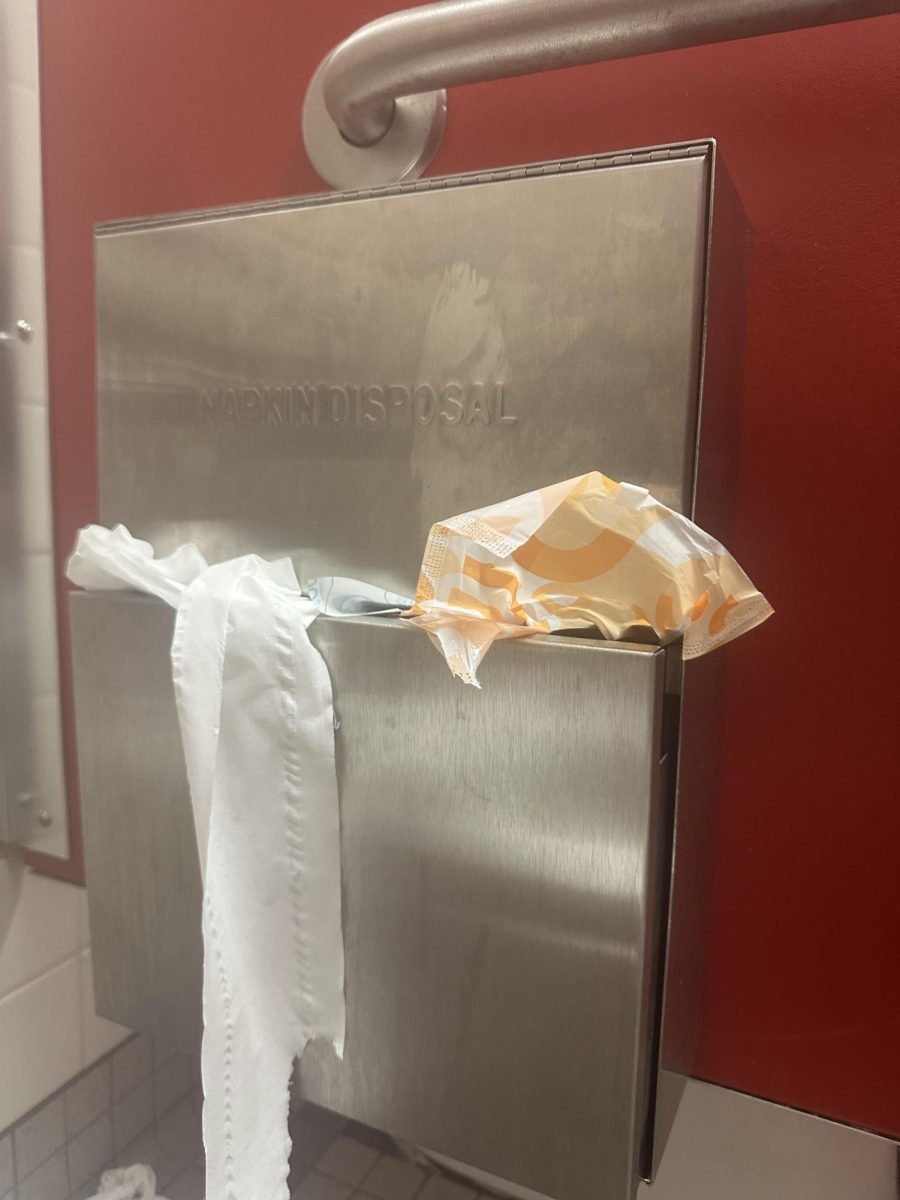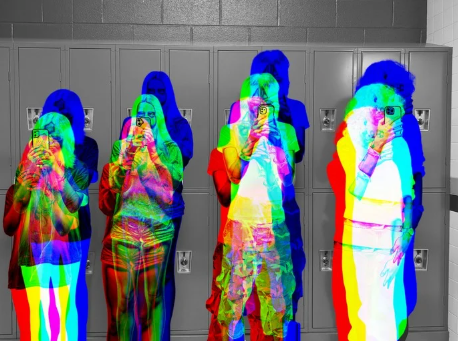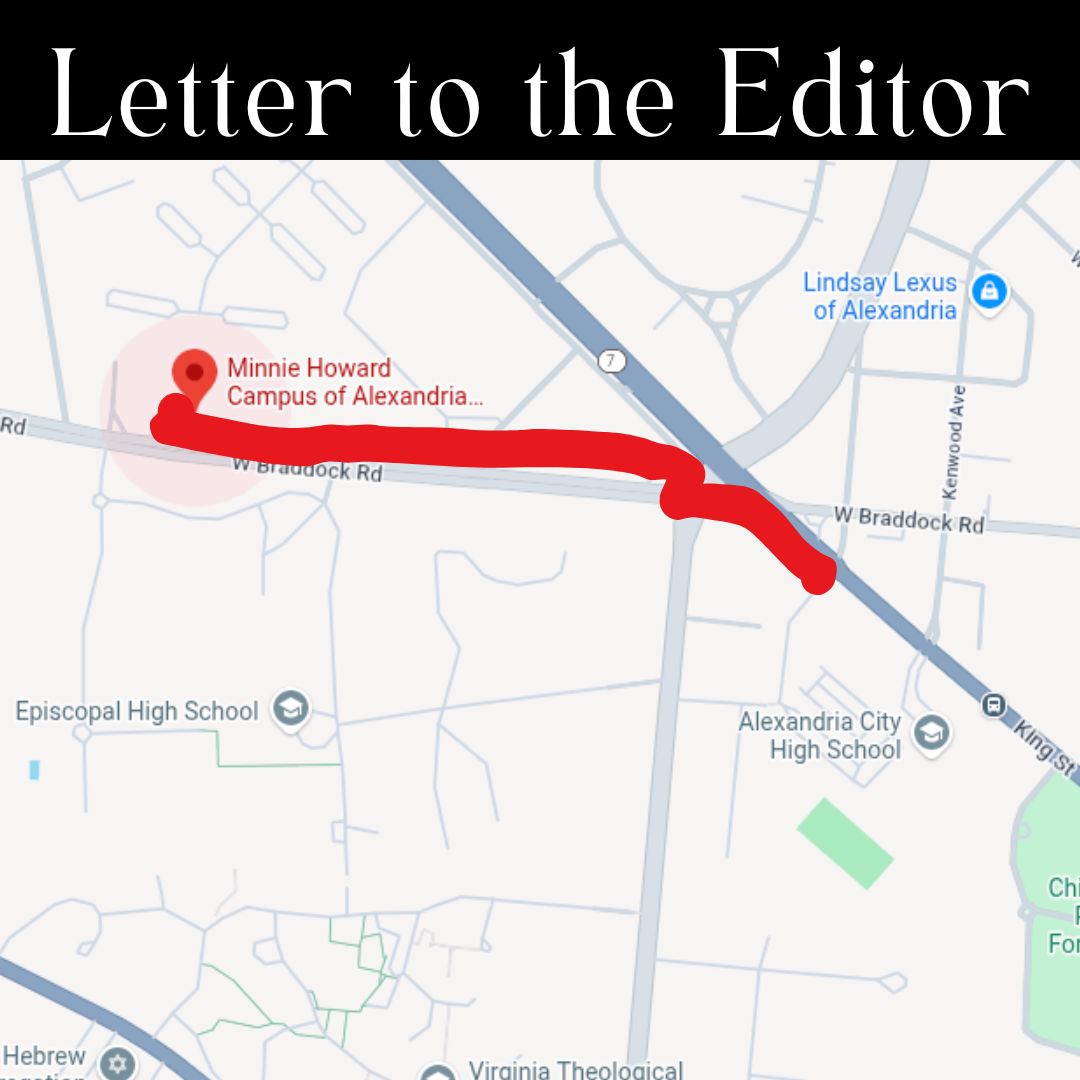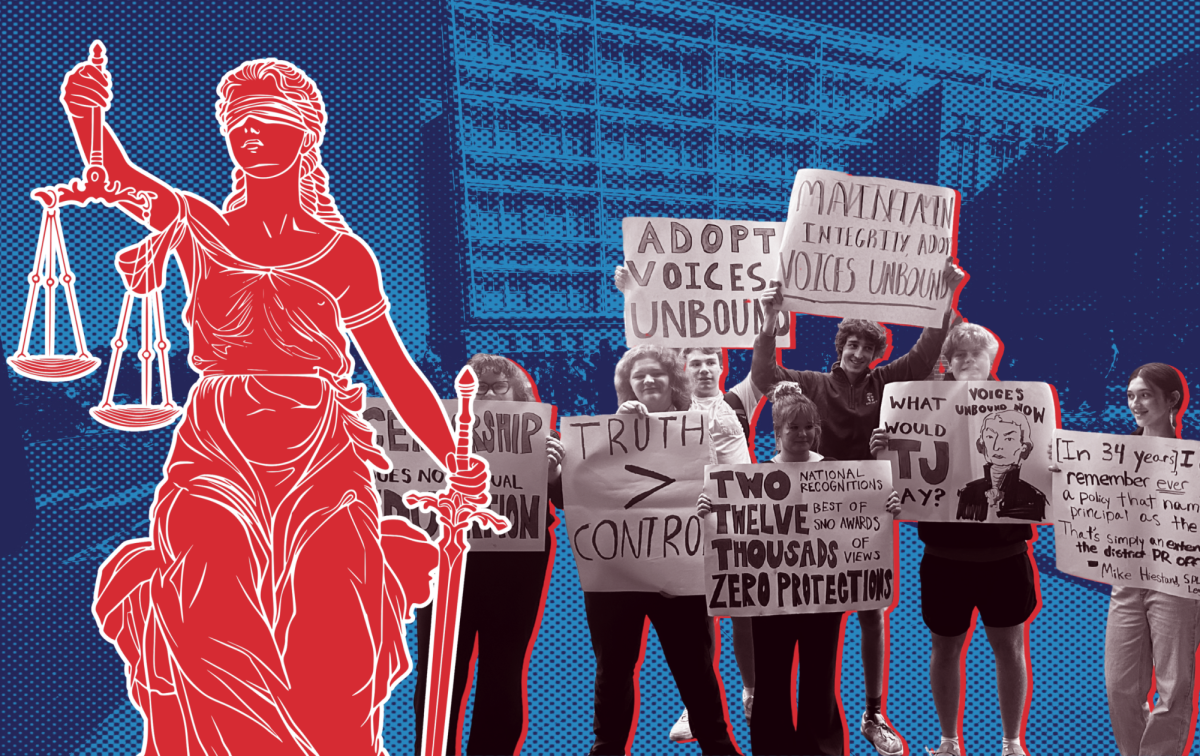Why Virginia Should Pass the New Voices Act
Nikki Harris and Rachel Wilson
In an age where local journalism is deteriorating rapidly, censorship in schools has further contributed to the disinterest in reporting for both reporters and consumers.
In the past decade, hundreds of institutions that cover local events have had to close or lay off employees, making high school journalism the only hint of coverage in some news deserts. The absence of local journalism has led to less accountability in the lower levels of government and reduces split-party votes in local elections, which deepens a problem of polarization in the United States. Former Speaker Tip O’Neill famously once said, “all politics is local.” Well, without local journalism, all politics is national.
Beyond the decline of local journalism, national media has many issues of its own. The President’s attacks on journalism– “the failing New York Times,” “the Amazon Washington Post,” “Clinton News Network,” etc.–have sparked a distrust for readers who do not like to read outside the comfort of their biases.
Censorship feeds the belief that the media is only there to propagandize the government’s leading party. And the act of being censored repeatedly guides young and malleable journalists to fall into that trap.
As a result, student journalism is increasingly filled with fluffy PR for its community and lacks the grit and scrutiny of independent journalism. At some point, student journalists succumb to the view that reporting is supposed to be a happy-go-lucky narrative that pleases all of its readers and stop attempting any critical reporting or analysis.
The New Voices Act, a bill that has been passed in 13 states and D.C., would help fix this issue. It gives middle school and high school students the freedom to publish without censorship from their school administration. On February 3, the Virginia House of Delegates voted to table the New Voices Act until January 2021, passing an amended version that only protects college students.
Although the bill ensures freedom of speech for students, school boards could adopt alternative policies relating to appropriate time, place and manner of school-sponsored media.
This bill prohibits administrators from firing or disciplining any staff for refusing to interfere with student journalism.
The bill does not allow students to publish without consequence or without feedback. Advisors are still given the authority to discuss with students what is appropriate and ethical to publish and weigh in on feedback. Subjects of the student media still would not be allowed to litigate against a school district for libel or defamation.
Schools are unique settings with a responsibility to protect student safety. The New Voices Act would ensure that advisors could intervene when they feel student safety is being compromised. For example, a student would not be allowed to publish the citizenship status of a student inside the school.
Fortunately, Theogony has covered contentious topics without intervention from the school administration. In December, Theogony published an investigative piece about the price and the execution of the Kagan structure, an instructional method used to increase student interaction. “The cost of individual workshops for a single teacher to learn Kagan structures is anywhere from $219 to $369,” Theogony editor Lauren Larsen wrote.
Although Theogony has the privilege to publish pieces about controversial subjects, many schools in Virginia do not. Last month, The Washington Post published a story about a student at George Mason High School in Falls Church, who published a piece about the repeated truancy of a Yale-bound School Board member’s son, who had faced no consequences. The principal demanded the story be taken down. This is not the only example.
Mount Vernon High School had a similar run-in with censorship in 2015. The editor-in-chief of the yearbook wanted to publish photos of a pregnant student baring her stomach, but was prohibited to do so by the school principal, according to NBC.
Cases like these have been happening all over the country for many years, as well. In 1988, student journalists at Hazelwood East High School in St. Louis wrote a story about teen pregnancy and the impact of divorce on students, and were censored by the school administration. The student editor, Cathy Kuhlmeier, filed a lawsuit, which led to the Supreme Court ruling that student journalists are subjected to censorship by school administrations in Hazelwood v. Kuhlmeier.
New Voices will train aspiring journalists to form educated and critical opinions of their own from the bottom up. Fixing censorship issues from the beginning of a journalist’s career will give them a head start in the business, and writers the plentiful benefits and responsibilities of media production. But there is still much apprehension about loosening restraint on student voices.
One concern of the New Voices Act is that it would cause students to publish vindictive pieces about peers and teachers with whom they have disputes instead of reporting on fact-based issues in an unbiased manner. Already, students have this freedom on social media. The New Voices Act provides students an outlet to write coherent stories on a real platform instead of the one-sentence-gotchas that social media offers.
A good example of this is from Theogony’s most recent issue where junior editor Hunter Langley published an opinion piece about the lack of attention shown to girls basketball and girls sports in general. “Despite winning four straight district championships and posting a winning record this season, there is still lackluster attendance at their home games and very little attendance at their away games,” Langley wrote.
Langley could have just as easily posted a resentful tweet about the popularity of girls basketball and ended it there. But, the freedom to report on it and write a story about it got him on-the-record quotes from girls basketball team members and a welcome conversation about it inside T.C.
We recognize how lucky we are to cover T.C. in the critical manner that we do. Every public high school in Virginia should have the same rights.
We want to hear from you on this issue. Send us an email at [email protected] or bring a written response to A-235 to give us your perspective on censorship in high schools.
